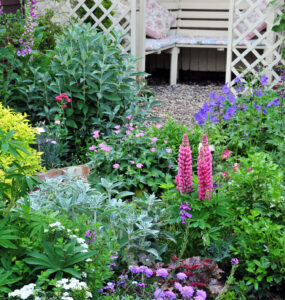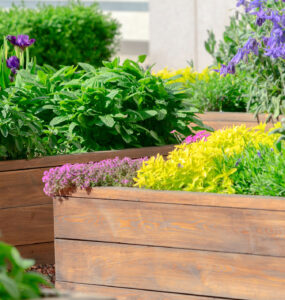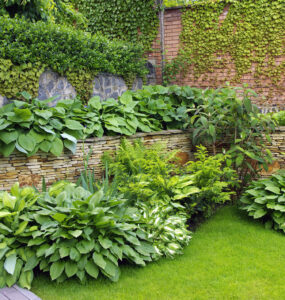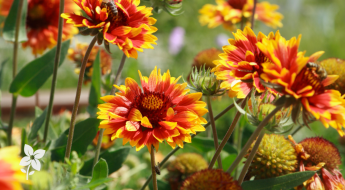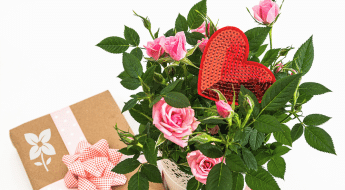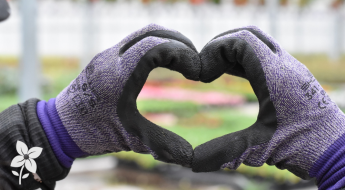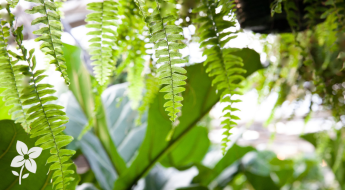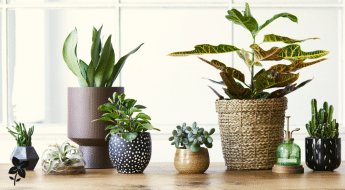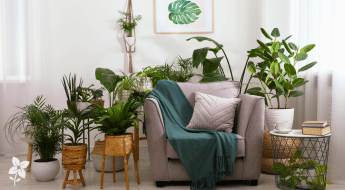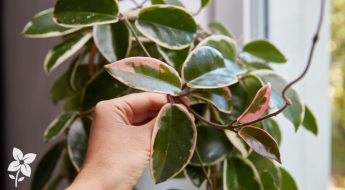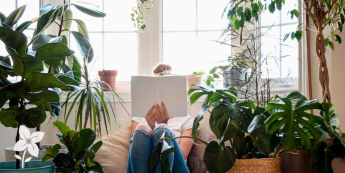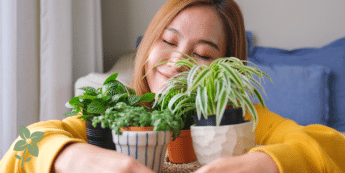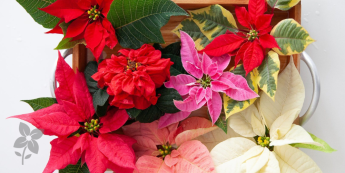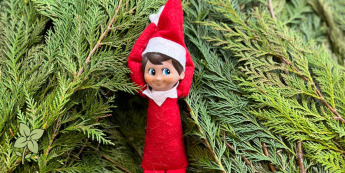There’s no doubt gardening is fantastic for your health. It’s easy to see the benefits of having fresh homegrown food and getting regular outdoor exercise. But sometimes we forget about the other beneficiary who continues to profit when we garden: Mother Nature. Now, anyone with a basic understanding of environmental issues knows that Mother Nature is a gal with a lot on her plate, and we need to make changes in the way we live day-to-day so we can reduce our negative impact and keep her healthy and thriving.
When you grow and care for plants, there are so many potential environmental benefits, but if you’re careless in your gardening techniques, you could be increasing your carbon footprint and actually hurting the environment. Luckily, there’s a lot you can do to make your impact on nature more positive without breaking too much of a sweat.
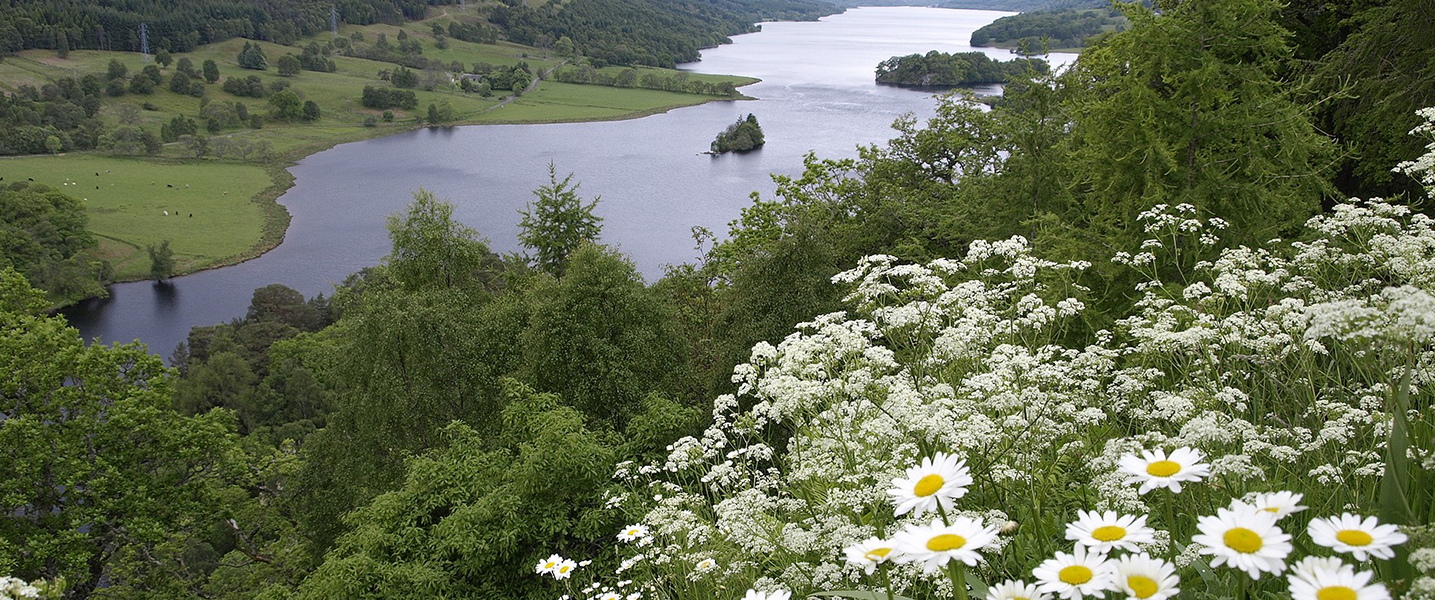
Gardening Plants and Environment Impact
One of the most pressing environmental issues we face is irresponsible waste disposal. In a world full of single-use plastics and disposable everything, we need to improve our habits and become conscious consumers, making environmentally responsible choices every day. A guiding principle to being successful in waste reduction is to always make the best use out of available renewable resources and avoid accumulating unnecessary junk.
Growing your own food already helps to eliminate waste, because food from the garden means fewer trips to the grocery store, and less plastic bags and food packaging in your garbage bin. But to really optimize your impact through environmentally-friendly gardening, it’s best to try and go totally waste-free.
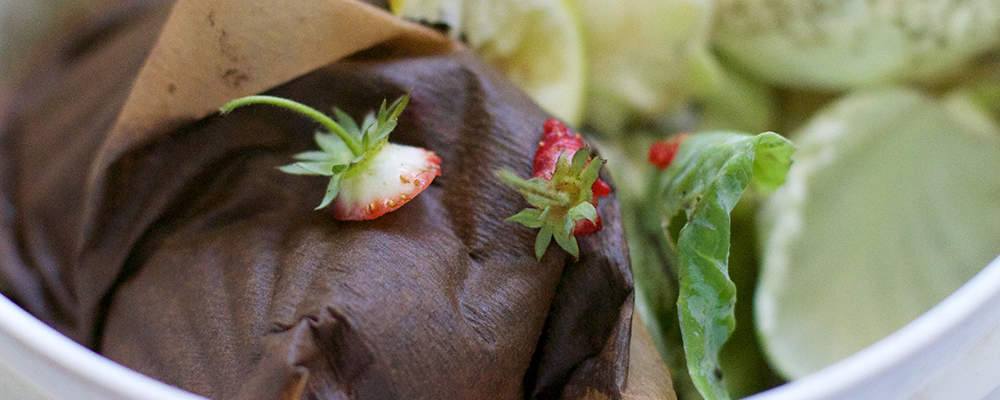
Easy Steps for Going Green and Reducing Household Waste
Get a Compost Bin. Make soil, not waste! Wasting food is a huge problem, with 1/3 of the world’s food getting thrown into landfills every year, producing high volumes of methane that contribute to climate change. When you compost natural, organic material instead of tossing it in the trash, you can reduce your household waste by up to 50%, while creating rich fertilizer that improves the health of plants and soil in your yard.
Start Upcycling. Finding creative ways to repurpose old objects that you no longer use helps keep junk from piling up in landfills. That old teacup with the small crack in the side? Perfect for sprouting seeds on the windowsill. The birdcage that’s been collecting dust in the garage ever since your parakeet -ahem- “”¦flew away?” GIve it a coat of paint and turn it into a plant terrarium! One less piece of garbage in the landfills is a big win for Mother Nature.
Avoid Unnecessary Packaging. So many foods, especially produce, come in packages that aren’t biodegradable. When you go shopping, bring your own reusable produce bags instead of the disposable plastic bags provided. Try shopping at bulk food shops where you scoop and weigh your items, so you can buy exactly the amount you need, without the cardboard box or foil bag they usually come in.
Freeze Garden Veggies for Later. Some edible plants can produce an overwhelming volume of food at one time, and it’s a shame to waste all that amazing food simply because you’re unable to eat it all in before it spoils. Tomato plants are notorious for this, but thankfully tomatoes are one of many other plants that can be easily tossed in the freezer for several months until they’re needed for a recipe.
Apply Mulch to Your Garden Bed. Not only is mulching a great way to make use of waste you usually wouldn’t think twice about tossing away (think grass clippings, leaves, and pine needles), it helps to conserve moisture in the soil, so you don’t need to water your garden with the hose as often. Plus, as the material breaks down, it releases loads of nutrients into the soil to help feed the plants.
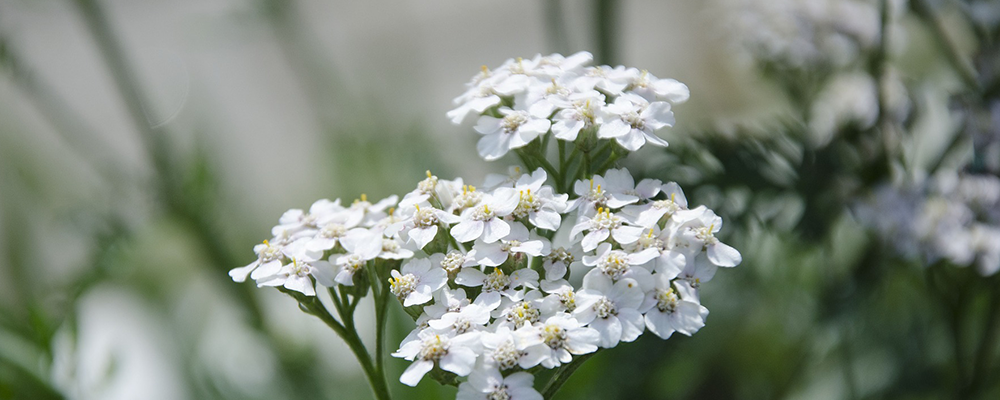
Plants That Help the Environment
Choosing certain plants to include in your garden can have a profound effect on soil quality and other elements in the surrounding environment. Add some of these to your shopping list next time you hit up our greenhouse, and Mother Nature will thank you:
Native wildflowers: Bright blossoms that grow naturally in our area, such as lavender and yarrow, are both highly recognizable and appealing to our pollinator friends. This gives the bees a food source and helps our garden grow and reproduce. Just remember to use organic pesticides that don’t hurt pollinators, because a chemical pesticide is no friend of the bees.
Bracken Ferns: These lush leafy plants are actually highly effective at absorbing dangerous heavy metals like lead, copper, and cadmium from the soil.
Beans and Legumes: These tasty and filling vegetables are a popular option to include in an edible garden, but did you know they also deliver high levels of nitrogen directly into the soil? This improves soil quality drastically, leading to bigger and healthier plants throughout the garden.
Trees, Trees and More Trees: Having a yard full of trees not only produces high volumes of oxygen, but it could actually save money on your energy bill! Studies show that people with lots of shade and tree cover spend less on air conditioning every year.
Creating a garden that makes a positive impact on the world around us is pretty easy”” you just need to practice responsible habits and find creative ways to reduce waste. Remember: be a conscious consumer, and think critically about what you purchase, how you use it, and how you dispose of it.

